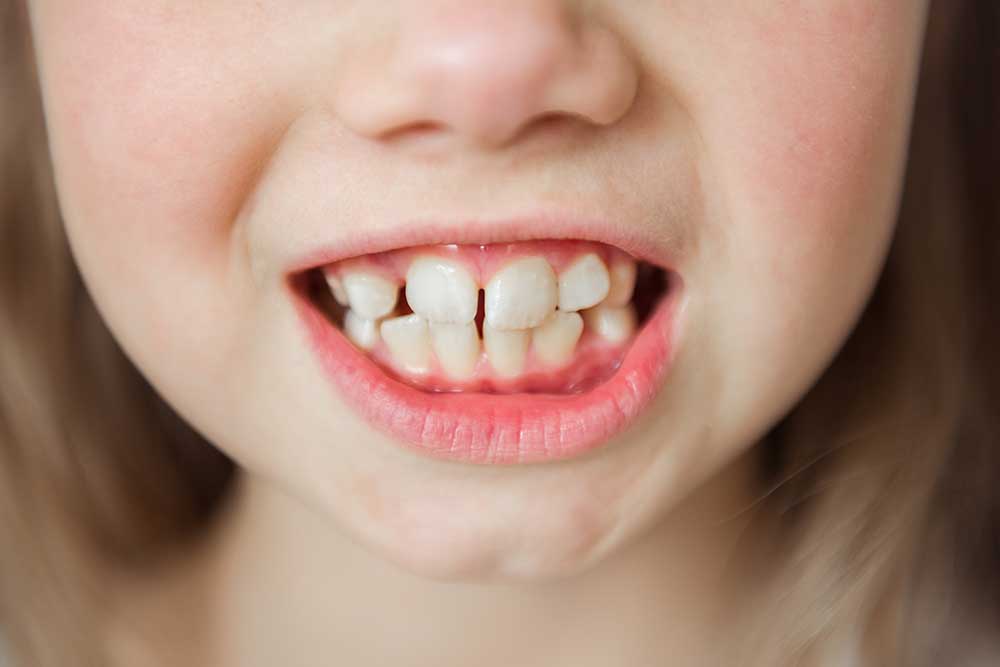Orthodontic problems can be more than just a cosmetic concern; they can affect your overall dental health and function. If you’re dealing with issues like crooked teeth or bite problems, understanding what they are and how to address them can make a big difference. Here’s a simple guide to common orthodontic problems and what you can do about them.
Common Orthodontic Problems
- Crooked Teeth: Misaligned or crooked teeth can affect your smile and make it harder to clean your teeth properly, increasing the risk of cavities and gum disease.
- Overbite: An overbite occurs when your upper front teeth significantly overlap your lower front teeth. It can lead to issues with biting and chewing, and might cause wear on your teeth.
- Underbite: An underbite is when your lower front teeth are positioned in front of your upper front teeth. This can affect how you chew and speak and may cause jaw strain.
- Crossbite: A crossbite happens when some of your upper teeth fall inside your lower teeth when you bite down. It can cause uneven wear on your teeth and affect jaw alignment.
- Open Bite: An open bite is when there’s a gap between your upper and lower teeth when you bite down. It can make it difficult to chew properly and might affect your speech.
- Crowded Teeth: When there isn’t enough space in your mouth for all your teeth, they may become crowded, making them difficult to clean and increasing the risk of dental issues.
How to Address Orthodontic Problems
- Visit an Orthodontist: The first step is to consult with an orthodontist. They can evaluate your teeth and bite and recommend appropriate treatments.
- Braces: Traditional metal braces, clear braces, or ceramic braces can straighten teeth and correct bite issues. Braces work by gradually shifting teeth into their proper positions.
- Invisalign: For a more discreet option, Invisalign uses clear aligners to gradually move your teeth into alignment. It’s a popular choice for those who prefer a less visible treatment.
- Retainers: After braces or Invisalign treatment, retainers help keep your teeth in their new positions and prevent them from shifting back.
- Good Oral Hygiene: Whether you have braces or aligners, maintaining excellent oral hygiene is crucial to prevent cavities and gum disease.
Final Thoughts
Orthodontic problems can impact more than just your appearance—they can affect your overall oral health and quality of life. If you’re dealing with any of these issues, consulting with an orthodontist can help you find the right treatment to achieve a healthy, functional, and beautiful smile.






